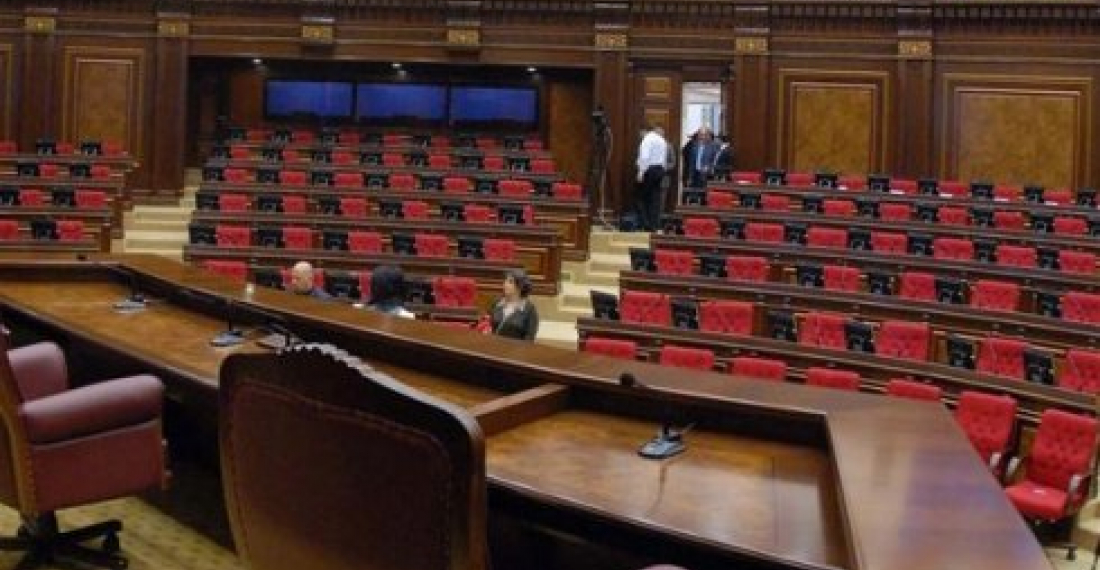An investigative committee has been set up in the Armenian Parliament to examine the circumstances of April 2016 military escalations, sometimes referred to as the 4-day war. ARMENPRESS news agency reports that parliamentary chairman, Ararat Mirzoyan, informed that 47 MPs had requested to set up the committee.
The idea of an investigative committee was first muted by prime minister Nikol Pashinyan in his televised address to the nation two weeks ago.
In April 2016, over a period of four days, there was intensive fighting between Armenians and Azerbaijanis in the Karabakh conflict zone, resulting in hundreds of casualties on both sides.
In the meantime, the Armenian foreign ministry has described as "fake news" Azerbaijani claims that one of its soldiers has been killed by Armenian sniper fire on Thursday.
"By spreading such fake news Baku is trying to put the guilt of its unconstructive policy on the remaining parties of negotiations - Armenia and Artsakh. This shows to what extent Baku is ready to respond to the mediation efforts aimed at solving the conflict, to what extent it is ready to continue and move forward the negotiations. Armenia adheres to the commitment of its positive engagement in the peace process and will continue making efforts to create a respective environment through the implementation of the agreements reached", said Anna Naghdalian, spokesperson for the Armenian Foreign Ministry on Friday.
Replying to a journalist question, referring to a statement issued by the Azerbaijan Foreign Ministry where it accuses the Armenian side of the murder of its soldier - concluding that the calls of the Armenian side on forming peace environment are fake and in reality Armenia wants to disrupt the negotiations - Anna Naghdalyan: said "the proposal to form a respective environment for negotiations belongs to Armenia. The Armenian side cannot reject what it has proposed. The agreements reached in Dushanbe were directed for creating this environment and which are mainly maintained. Armenia and Artsakh adhere to their commitments."
related content: Azerbaijan says soldier killed by Armenian sniper fire
source: commonspace.eu
photo: The Armenian Parlaiemnt in Yerevan (archive picture)







